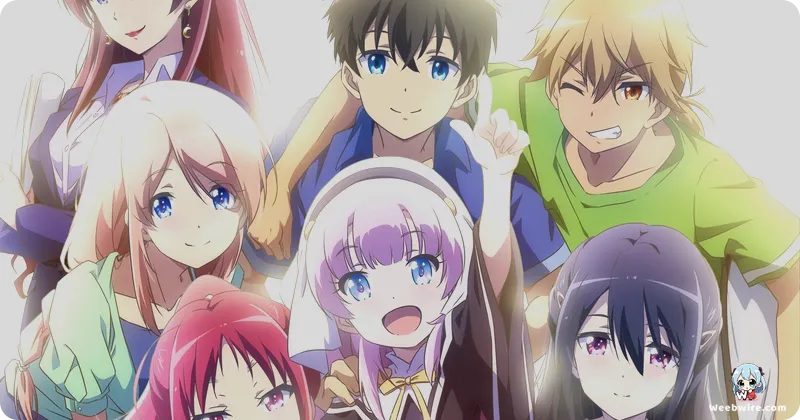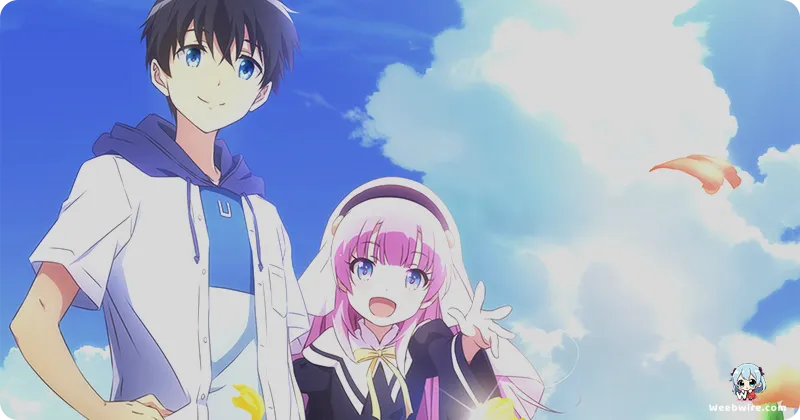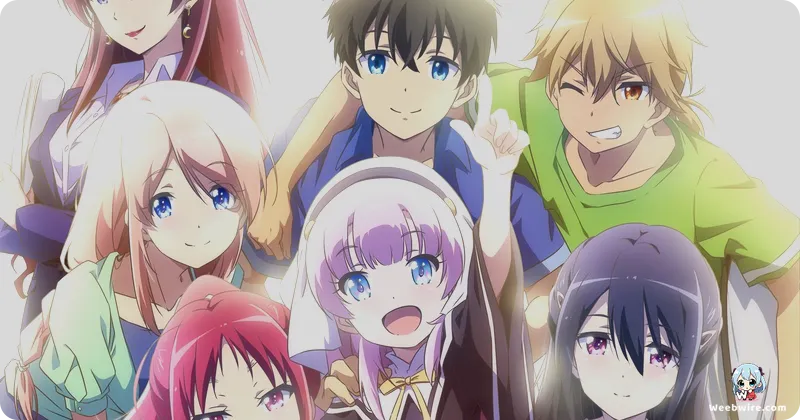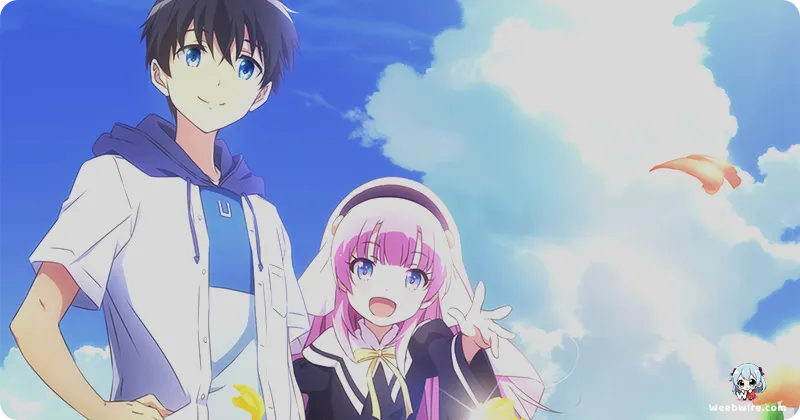Unmasking 'The Day I Became a God': The Heartbreaking Reality Behind Hina Sato's Divine Claims Revealed

The 2020 anime sensation, 'The Day I Became a God' (Kami-sama ni Natta Hi), emerged from the powerful collaboration of visual novel titan Key and animation powerhouse P.A.WORKS, under the masterful pen of acclaimed writer Jun Maeda, celebrated for emotional epics like Angel Beats! and Charlotte. While initially drawing viewers into a whimsical slice-of-life comedy centered around a quirky, self-proclaimed deity, the series ultimately unveiled a narrative far more profound and melancholic—a signature emotional journey synonymous with Maeda’s storytelling prowess. This article peels back the layers, revealing the compelling, lesser-known truths and bold creative decisions that cemented this anime's unique place in modern storytelling.
The Heartbreaking Reality of Hina Sato
At its heart lies Hina Sato, the enigmatic protagonist who declares herself an 'all-knowing god' predicting the world's end in just 30 days, setting the stage for early humor and fantastical escapades. However, the series masterfully pivots, disclosing a heartbreaking reality: Hina suffers from Lowe Syndrome, a severe, real-world neurological disorder. This specific medical condition profoundly grounds the anime’s supernatural premise in a deeply human struggle, moving beyond generic tropes to portray the arduous challenges faced by individuals and their families. This unexpected narrative twist is a pivotal fact that dramatically reshapes the entire viewing experience, transforming a lighthearted premise into a poignant exploration of resilience.

Maeda's Signature Thematic Depth
Maeda's thematic brilliance shines, echoing his previous works with a consistent exploration of life's fleeting nature, the acceptance of destiny, and the complex process of grieving profound loss. Like Angel Beats! and Charlotte, this series compels its audience to ponder the essence of a meaningful existence when confronted with an inevitable future. Maeda subtly weaves philosophical depth, using fantastical elements to delve into universal human dilemmas, inviting introspection on mortality and cherished moments.
Visual Storytelling by P.A.WORKS
Visually, P.A.WORKS delivers breathtaking animation, bringing Maeda's vision to life. Renowned for meticulous detail, the studio ensures every frame, from vibrant festival scenes to quiet, reflective moments, amplifies the narrative's emotional beats. This commitment ensures Hina's journey and Youta Narukami’s unwavering support are fully realized. Youta, initially skeptical, transforms into Hina's steadfast companion and compassionate caregiver, embodying unconditional love and selflessness—a recurring motif in Maeda's works.

The Indispensable Musical Score
The musical score, largely composed by Jun Maeda, is indispensable, shaping the series' emotional landscape with melancholic yet powerful melodies. Tracks like the opening theme, 'Kimi to Iyu Shinwa,' and the ending theme, 'Goodbye Seven Seas,' performed by Nagi Yanagi, are integral narrative components, subtly foreshadowing themes of departure, memory, and acceptance. This masterful integration of music amplifies both comedic highs and dramatic lows, creating an immersive, unforgettable experience.

Ultimately, 'The Day I Became a God' transcends its initial divine claims to become a profound story of confronting the inevitable, cherishing fleeting moments, and the enduring power of human connection. Its unique fusion of Maeda's signature emotional depth, P.A.WORKS' stunning visuals, and a surprisingly grounded portrayal of a rare condition makes it a thought-provoking, memorable entry in the anime landscape.
Credits
The Day I Became a God
Author
Jun Maeda
Cover Art
Na-Ga
Studio
P.A.WORKS
Publisher
Key
Producers





